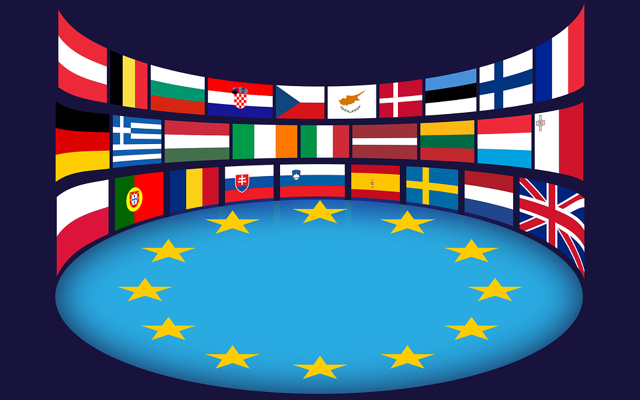The European Union’s executive body may establish new rules to give a fairer shake to small businesses using popular Web platforms. Currently, the EU deems that platforms such as Google, Amazon and TripAdvisor set unfair terms for the small businesses that sell or promote products there. These businesses have been complaining to the EU about unilateral contract changes, no access to sales and customer data, below-par transparency regarding their rankings in search results, and no means to resolve disputes.
According to The Wall Street Journal, senior EU official Jörgen Gren says that it’s become “quite clear to us that the platforms are gatekeepers and in the business-to-business relationships there are a certain number of problems.”
The EU’s plan to “carry out detailed analysis” is part of its midterm review of the Digital Single Market project to “translate single market in goods and services among its 28 member states into the online space.” The EU will then decide by the end of 2017 whether to pursue new legislation. Other upcoming legislative and related initiatives focus on “harmonizing the bloc’s data protection rules and ensuring consumers can shop across borders online.”
With regard to search results, the EU won’t request “the inner workings of [the platforms’] algorithms” but will examine if “paying providers are ranked higher in search results than others.” More specifically, the EU accused Google of “skewing results to preference its own comparison shopping service over that of rivals,” a charge that Google denies.
But the EU has had “ongoing concerns … about the power of U.S. technology companies,” and has already gone after Google three times with antitrust probes. The EU and national capitals are particularly concerned with issues related to data privacy, copyrights and taxes, and also want to “promote small businesses and entrepreneurs at a time when the bloc is still suffering from a generally weak job market.” The latter has led to the EU promoting the sharing economy with such platforms as Uber.
Response from groups representing U.S. tech firms has been swift. At the U.S.-based Computer & Communications Industry Association, a lobby group that represents Facebook and Google, executive James Waterworth states that, “We believe there’s not enough of a basis for general intervention and that the European Commission should use other instruments when there’s market failure.”
Likewise, EDiMA, a European trade group that represents Apple and TripAdvisor, describes itself as “disappointed and astounded.”


No Comments Yet
You can be the first to comment!
Sorry, comments for this entry are closed at this time.